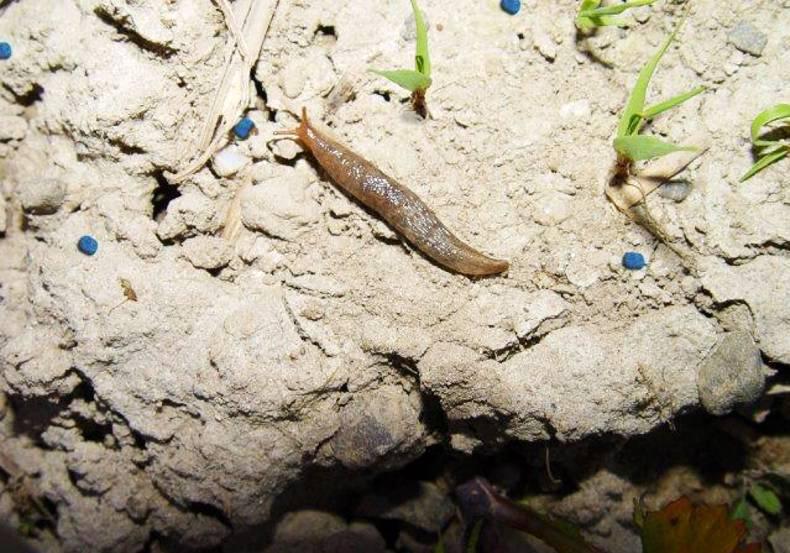Ground conditions: Virtually all land is now quite wet so there is little chance to consider further planting. However, rainfall amounts and ground conditions remain variable and there have been some opportunities to get out on land. There is still some spraying to be done but opportunities for this are also limited.
Planting: If you have a choice keep the seed in the bag at this stage. Soil temperatures were still slightly above normal last week but they have fallen considerably in recent days. Air temperatures were below normal last week also and rainfall amounts were above normal.
All of these things point to increased establishment challenges from crops planted now. They will take longer to emerge and crows could be a continuous annoyance. If you need to plant and you have a choice of seed dressing, Anchor appears to be somewhat less favoured by crows.
Emerging crops: Continue to watch emerging crops for pest damage. Slugs have become quite a problem over the past 2-3 weeks. Many fields have predominantly juvenile slugs which are more challenging to see in the field. But if leaves are being shredded slugs are the problem. However, if leaves are being cut across then grazing by rabbits, hares or possibly deer are the likely problem.
Forward crops may have too much foliage to suffer serious damage, especially winter barley, but if you notice a drop in vegetative cover then treatment is needed. Be sure you know the cause of your problem before you take action. Rabbits will not be killed by slug pellets or vice versa.
Watch for rodent damage along by ditches also as rats and mice can quickly take out the first two meters or so. Rabbit damage needs to be curtailed as big numbers will leave a permanent mark in crop potential. Early action is important with all pests as the benefit of treatment is reduced once damage has been done.
Spraying: Most earlier planted crops have been sprayed for weeds and aphids. Crops emerging now still need herbicide when conditions permit. Wheat crops sown in recent weeks could be sprayed with something like IPU + DFF.
Oilseed rape: The good autumn growth has helped crops bulk up, especially those sown late. Most crops appear clean and weed free but some have a lot of volunteers or grassweeds. Some fields are still to be sprayed with Kerb, or similar products, once temperatures drop.
Kerb Flow, or similar products, provide good control of grassweeds and volunteers but limited control of broad-leaved weeds. This may not be such an issue where full canopy exists but grazing by pigeons would give the advantage back to the weeds. AstroKerb gives better control of some specific weeds like poppy. Temperatures need to be low for use but avoid spraying at field moisture capacity.






 This is a subscriber-only article
This is a subscriber-only article









SHARING OPTIONS: